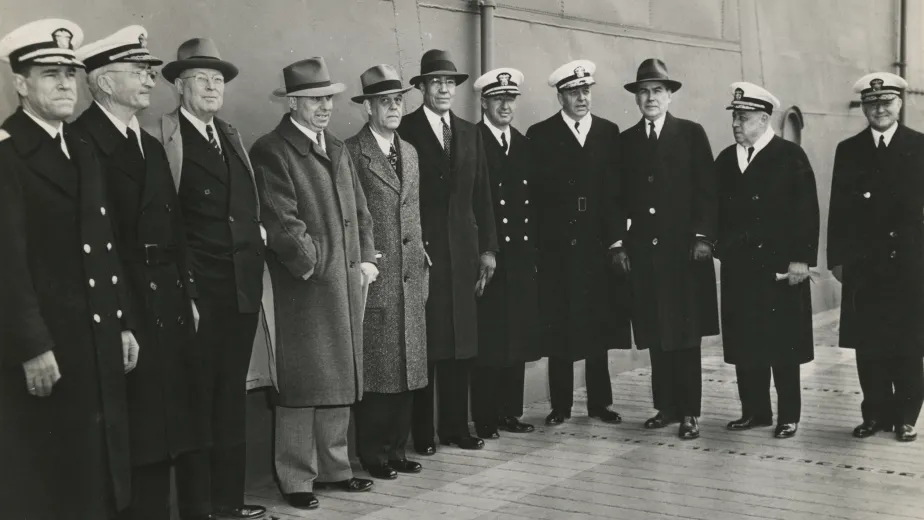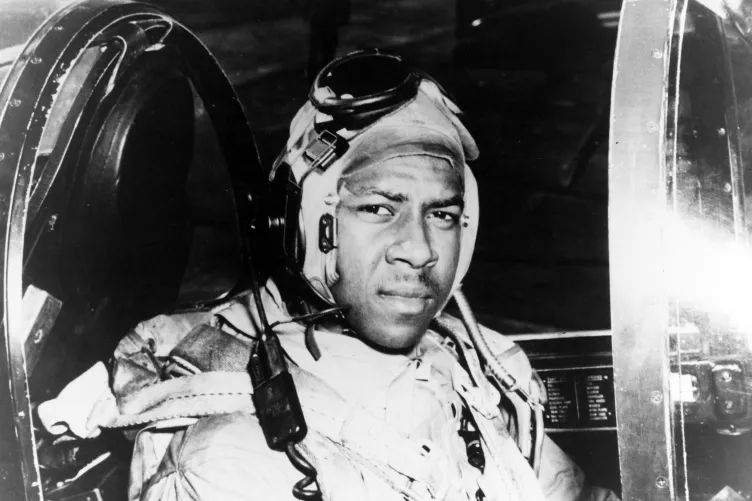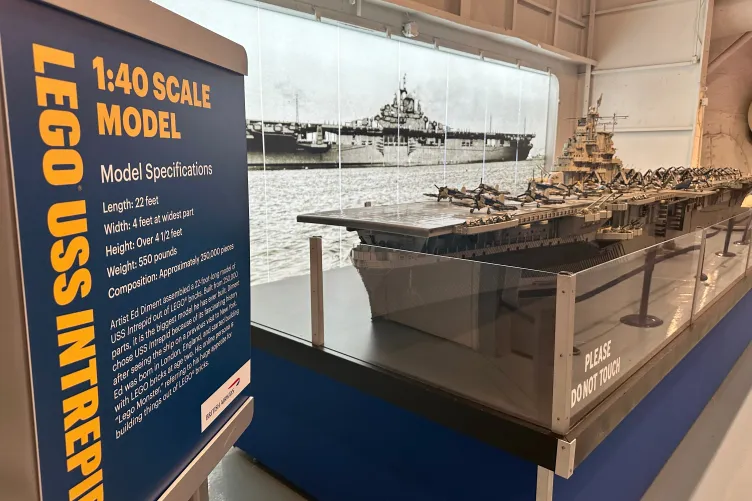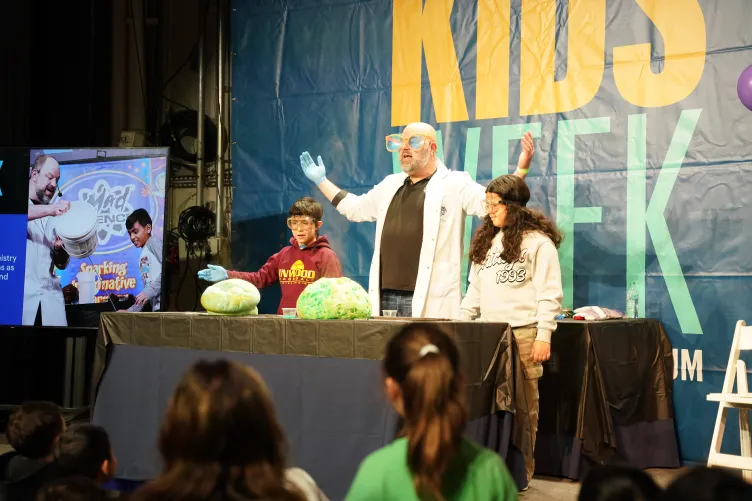
Each November, Native American Heritage Month offers an opportunity to recognize and celebrate the rich histories, diverse cultures and lasting contributions of Indigenous peoples. At the Intrepid Museum, we highlight these stories through the lives of individuals whose service shaped our nation’s history. The Museum is proud to preserve the collection of Joseph J. “Jocko” Clark. Clark was a member of the Cherokee Nation and the first Indigenous American to graduate from the United States Naval Academy. He rose to prominence during World War II as the captain of USS Yorktown, an Essex-class aircraft carrier like Intrepid.
Clark was born in Pryor, Cherokee Nation (later Oklahoma), in 1893. He attended the Naval Academy and was commissioned as an ensign in 1917. He carved out a career in naval aviation during the critical interwar decades, as the Navy’s airpower strategy took shape. Clark earned the nickname “Patton of the Pacific” for his bold tactical choices in strikes against Japanese-held islands during World War II. During the Korean War, Clark commanded the Seventh Fleet. He retired in 1953, after nearly 40 years of service. His widow donated this collection to the Intrepid Museum in 1984.
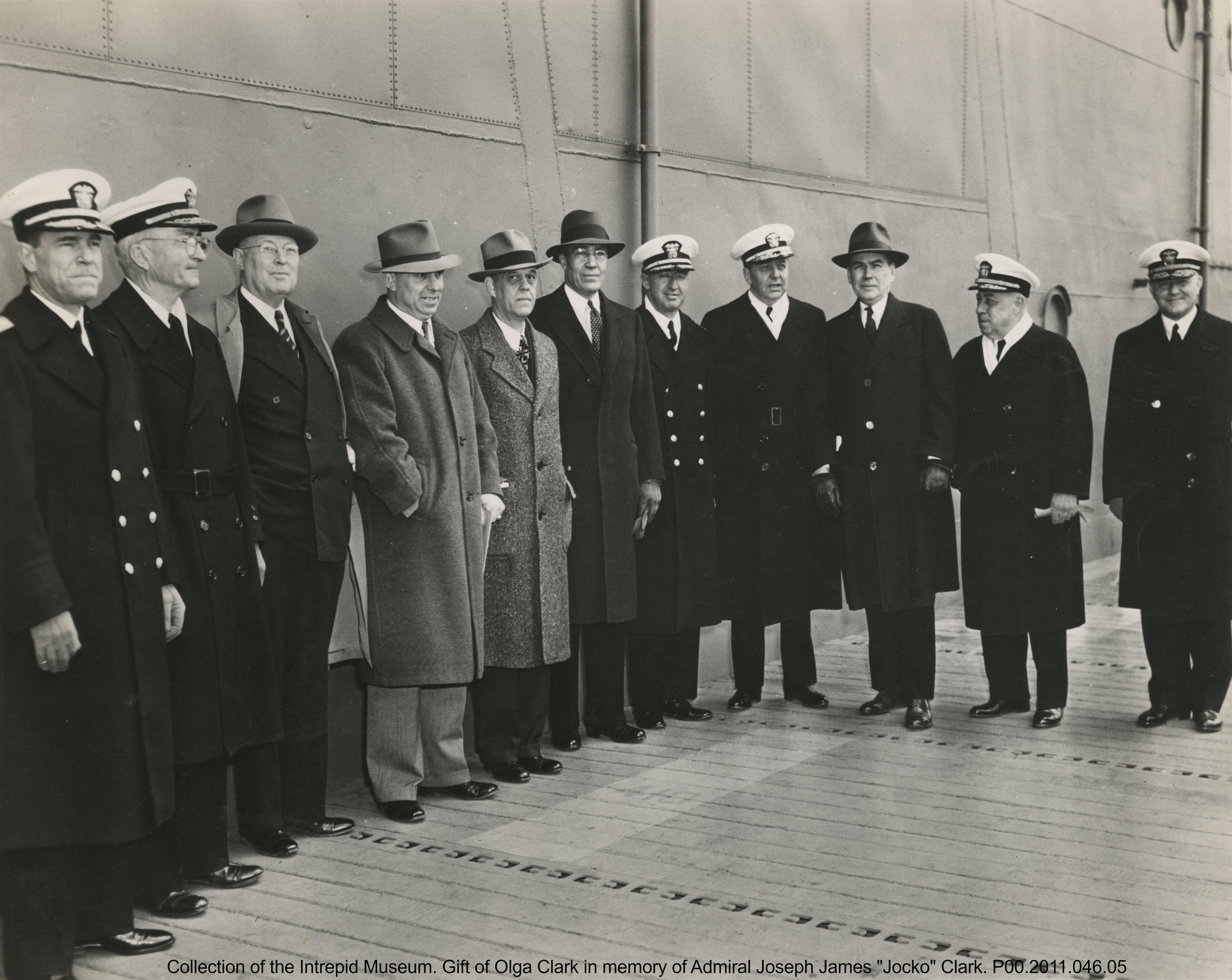
Clark, fifth from the right, and other officials at the commissioning of USS Yorktown in 1943. Alongside the admirals are two politicians from Clark’s home state: J.B. Milam, chief of the Cherokee Nation, and Wesley E. Disney, an Oklahoma congressman.
The papers, photographs and other artifacts in the Clark collection date from his later career, when he served as captain of Yorktown, commander of Task Group 58.1 and Vice Admiral of the Seventh Fleet. One revealing item is a share in the “Jocko Jima Development Corporation.” This tongue-in-cheek shareholder certificate was created by aviators impressed by Clark’s relentless attacks on the Bonin islands.
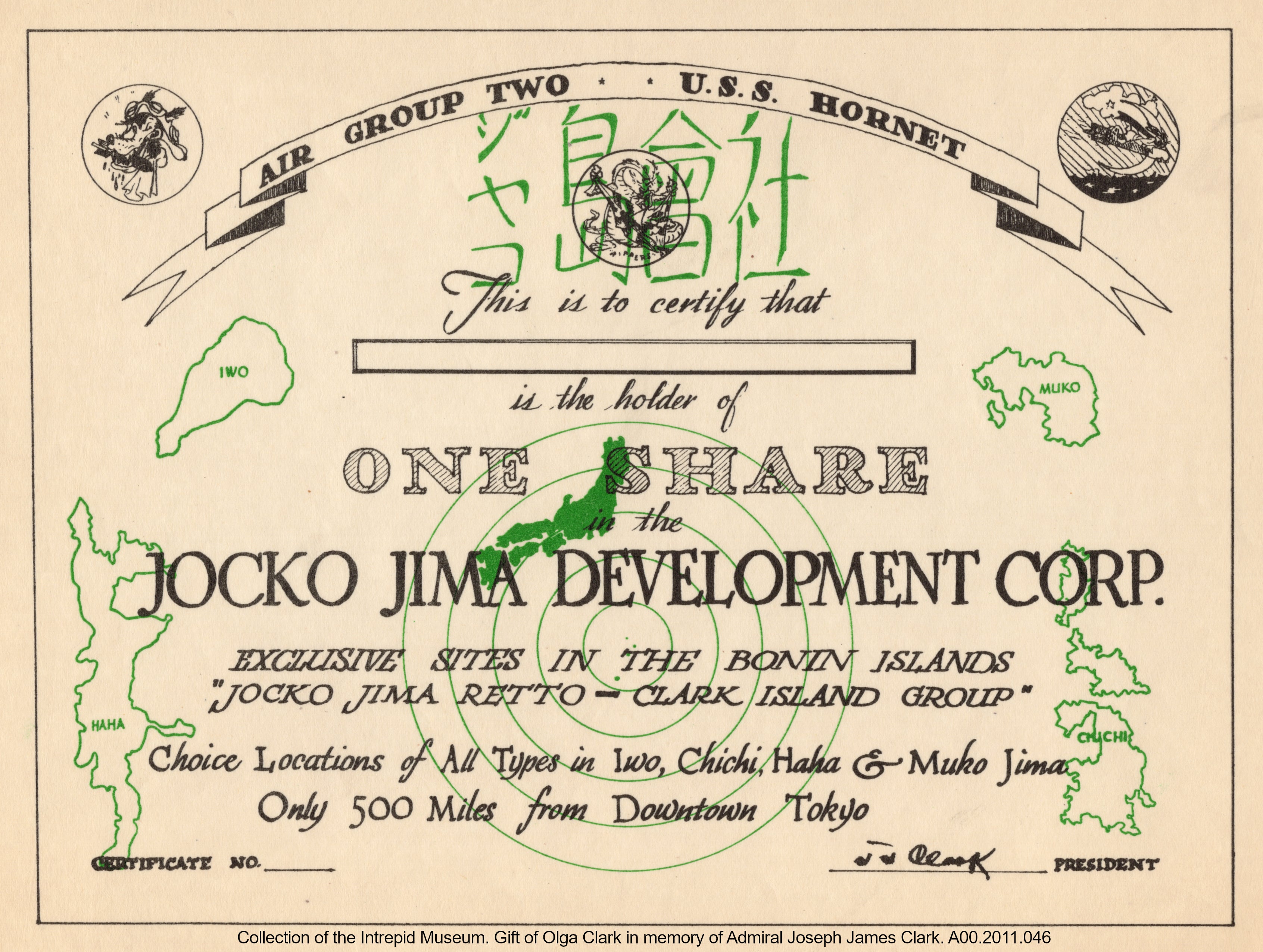
Aviators on USS Hornet, Clark’s flagship, issued these honorary shareholder certificates to participants in the air campaign against the Bonin islands.
The collection also reflects Clark’s legacy and his significance to the Cherokee Nation. Though he lived in New York after he retired, Clark maintained strong relationships with family and community in Oklahoma. Newspaper articles announced that Clark was posthumously inducted into the Cherokee Indian Hall of Fame at Tahlequah in honor of his decades of naval service.
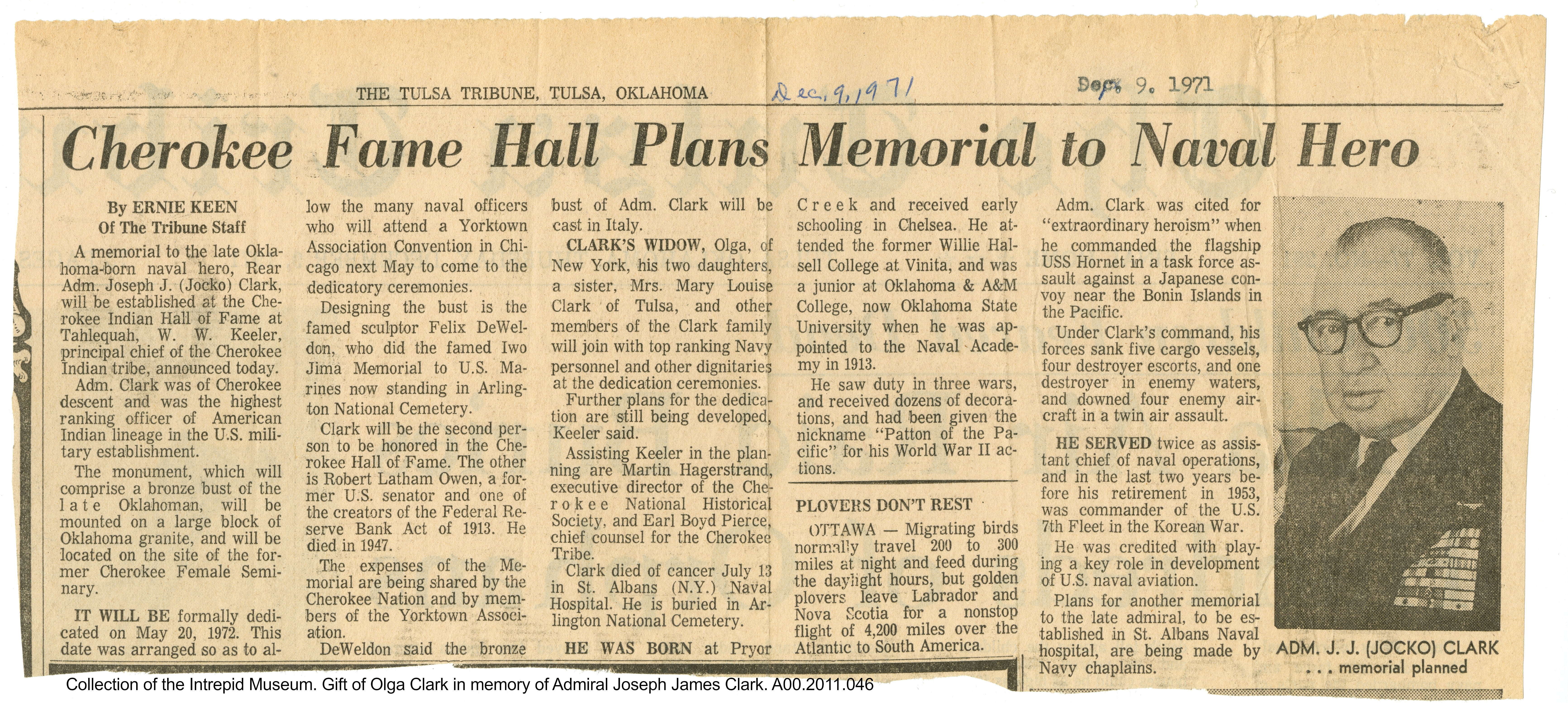
The planned memorial, announced in 1971, included a bust by Felix de Weldon, the sculptor of the famed monument to the flag raising on Iwo Jima.
To see more of the Clark collection, visit our digital collections portal.
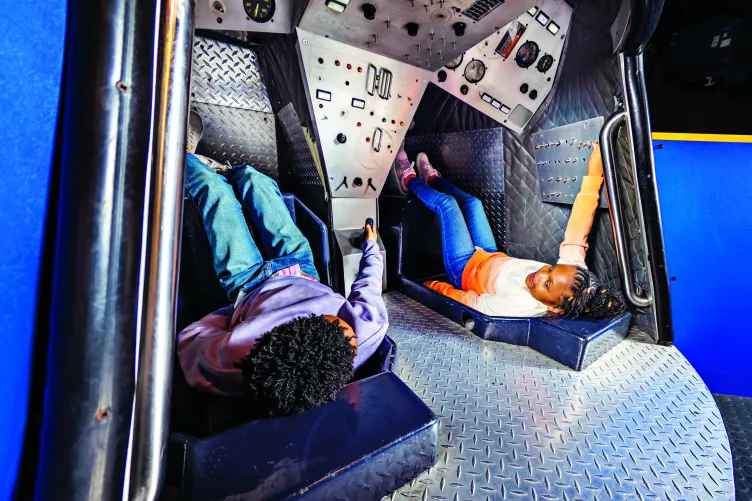
Want to visit the museum? We would love to have you! Find out all about our offerings here and plan your trip today.
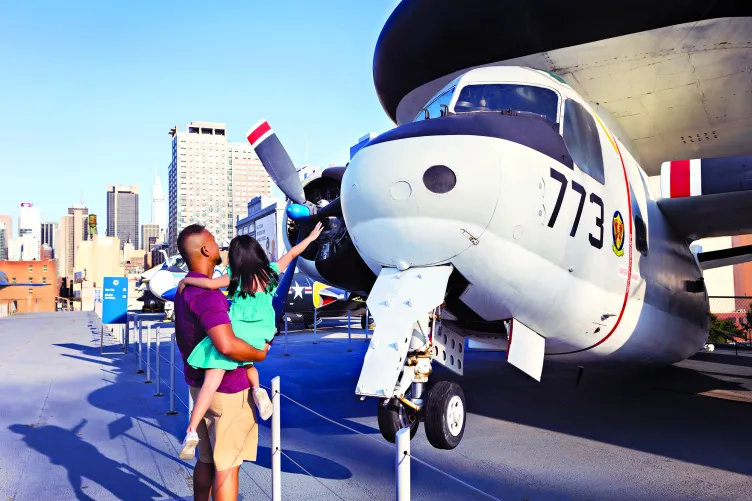
If you join our membership program you can visit the museum any time! Plus enjoy many membership perks at a discounted rate.


